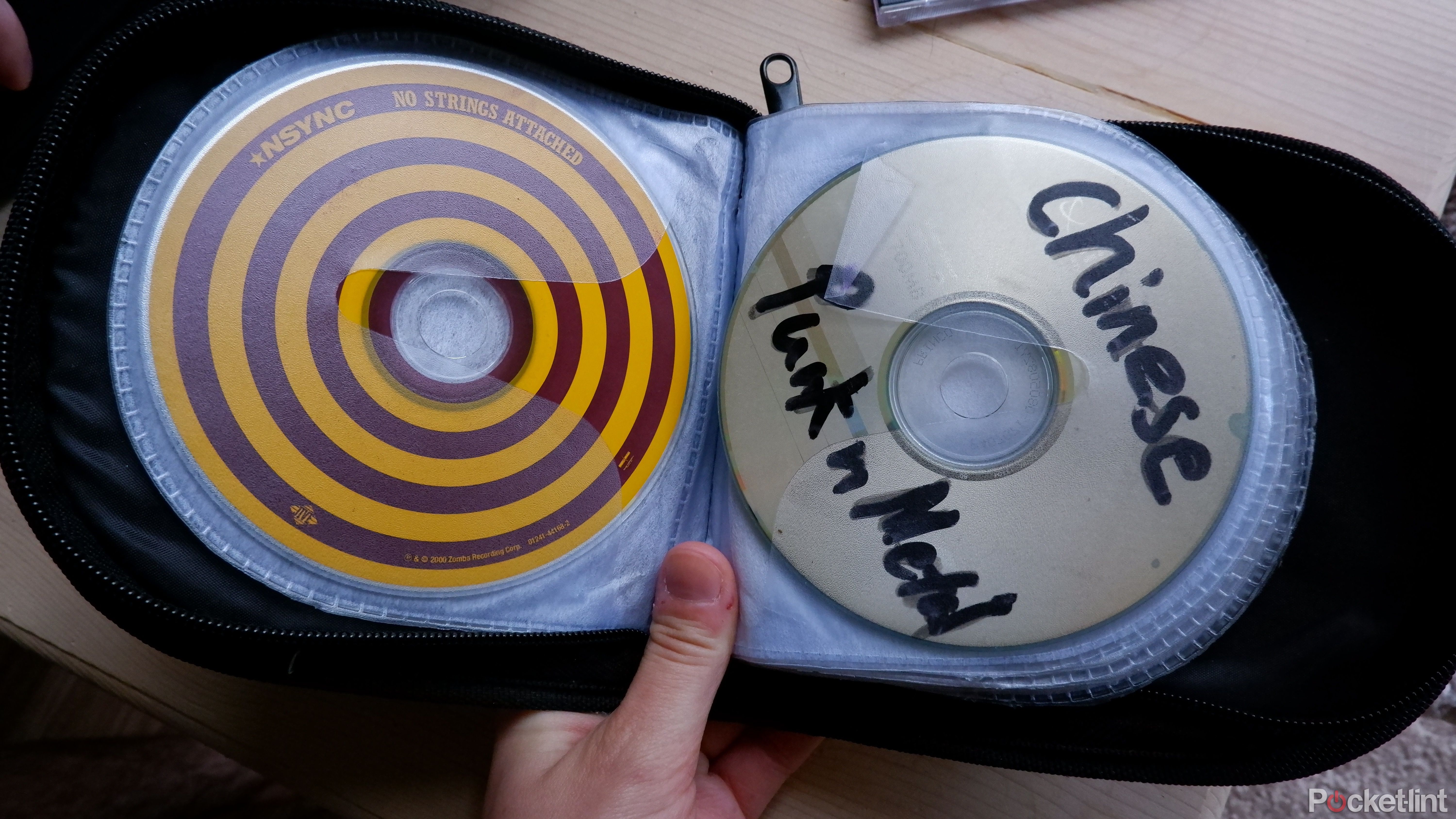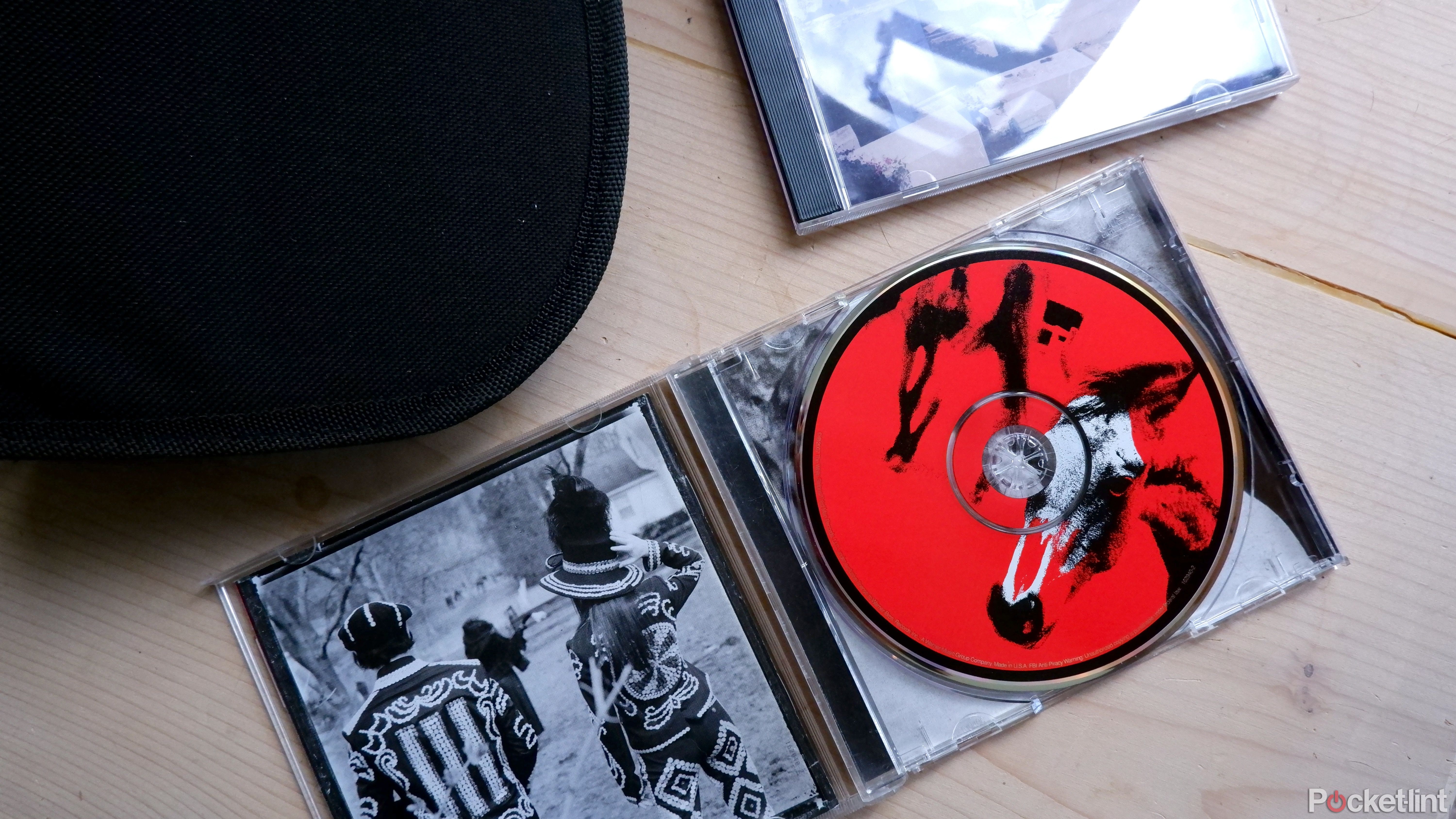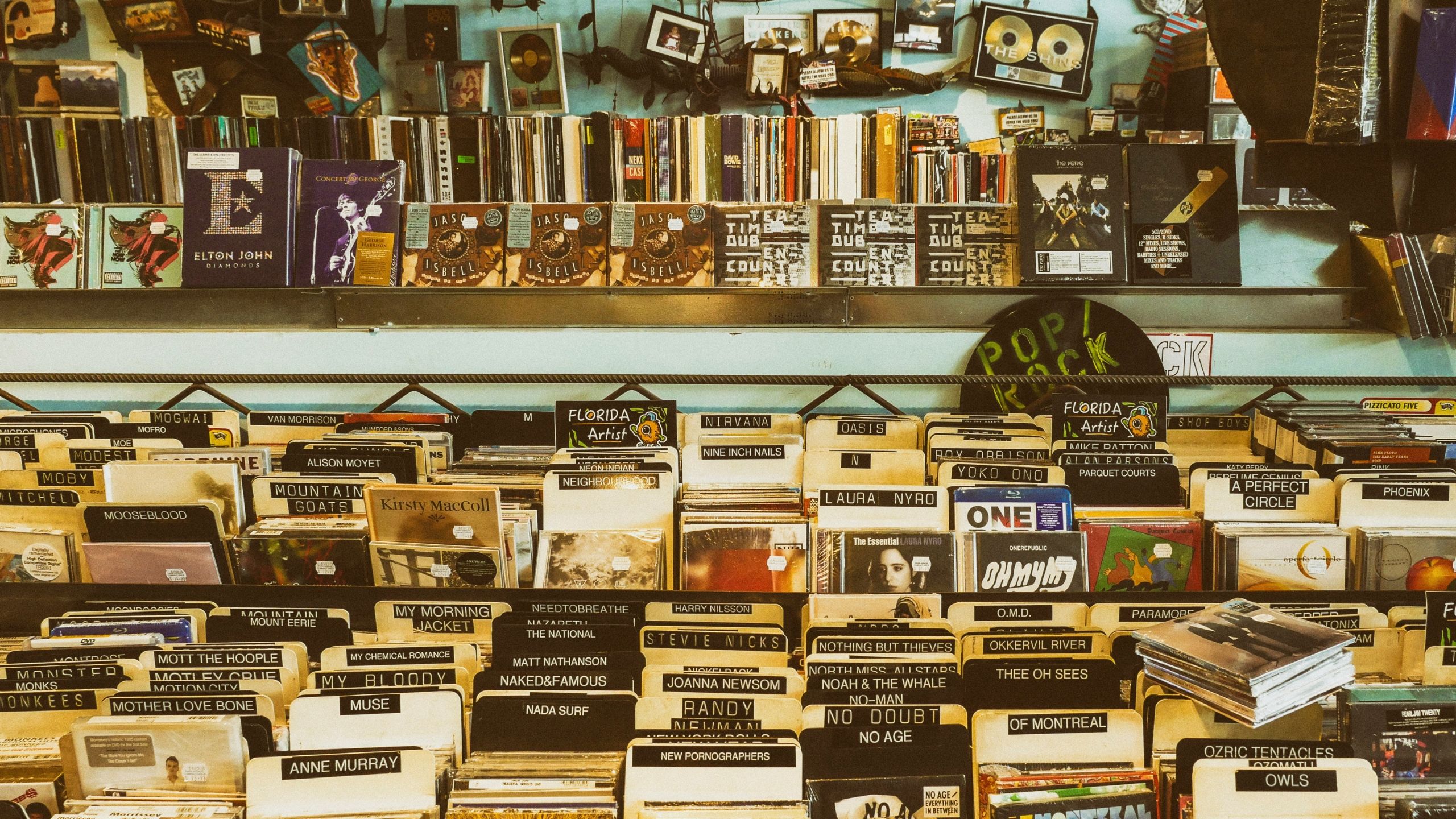Key Takeaways
- Check rarity: Few listings at higher prices indicate a unique CD.
- Note condition: Better condition equals higher price, includes disk, case, inserts.
- Research Market: Online comparisons help set realistic price, go to local store for insights.
If you’re a millennial or older, there’s a good chance you have, at some point, bought quite a few CDs. And now that CDs are regaining popularity, you have a few choices of what to do with your accumulated collection: you could dive back into those CDs and enjoy the music you’ve collected, or you can profit off this revitalized popularity and sell some.
If you’re planning on listing some of your CDs on a site like Discogs, eBay, Facebook Marketplace, or any other online marketplace, you’re going to want to know how much you can get for your CDs. You don’t want to list them for too much, because then people won’t buy any. But you don’t want to list them for too little, because you might be underselling the worth of a CD that’s actually rare or unique. So how do you tell how much your CD is worth? There are a few steps you can take to make sure you appraise them accurately on your own, and thankfully it’s pretty easy.
1 Figure out if the CD is unique
If it’s a rare CD, or a special edition, it could be worth a bit more
If you look for listings for the same CD online and there are a ton of listings for the exact one you have, it’s probably not worth a ton. However, if there are very few listings, and prices tend to skew higher, that’s an indicator that what you’re dealing with is a more rare or unique CD. This isn’t always the case — for example, if it’s a CD from a local band in the 80s that nobody knows or cares about anymore, it’s not going to be super valuable.
You should also take note of the edition of the CD. Is it a regular edition that everyone has, or is it a special edition that’s harder to find? If the case is signed, that will generally up the value by quite a bit too.
2 Determine the condition of the disk, case, and inserts
CDs in better condition will sell for more than a visibly used one
Take note of any potential problems with the CD, the case, or the insert. Is there any visible damage to the CD? Has it been heavily used? Those are important to note when looking at similar CDs online to figure out pricing. Is the case cracked or scratched in any places? Is the insert ripped, or are there any missing parts? It’s not only the condition of the CD itself that matters, but the external components too.
If you sell a heavily used CD with a torn lyric book under the guise of being a mint condition CD, you’re going to have an unhappy customer.
Making note of these things isn’t just helpful for appraising the price, but also important for when you do sell the CD, so the customer knows what they’re getting. If you sell a heavily used CD with a torn lyric book under the guise of being a mint condition CD, you’re going to have an unhappy customer.
3 Check online marketplaces to compare price points
Following the market will give you the best idea and the best results
Take a look at the same CD on Discogs, eBay, or any other marketplace online where you can find the same CD. Take note of the various prices they’re being sold for, and what condition they’re all in. Use this information to inform your own appraisal, taking note of how pricing goes up or down depending on certain factors.
If you go too low, you’re losing out on money you could’ve made, and if you go too high, it’s less likely anybody will buy the CD from you.
You want to make sure that when setting your price you stay close to the price of other CDs of the same kind and in the same condition, because if you go too low, you’re losing out on money you could’ve made, and if you go too high, it’s less likely anybody will buy the CD from you. Making sure you have a realistic idea of how much others are asking for and what people will reasonably pay is helpful in successfully selling your CDs.
4 Go to a local record store to check out prices
These are the experts at appraising CDs, so use their ideas as a guide
Mick Haupt / Unsplash
Going to a store that sells used CDs like a record store is another good idea when trying to figure out what your CDs are worth. Checking out their stock and seeing what they’re asking for, either with the same CD or CDs in similar condition and of a similar rarity will help you better figure out how much you can sell yours for.
If you’re going to go to a record store to ask about how they price their used CDs, make sure to keep it short and not bother them too much.
You could also ask someone working there if they know how they decide the prices for their CDs, and you might get some insight into how they personally appraise their stock. But don’t linger too much or risk annoying them, you can just ask the simple question and not get more into it. They’ve got a job to do.
Credit : Source Post





